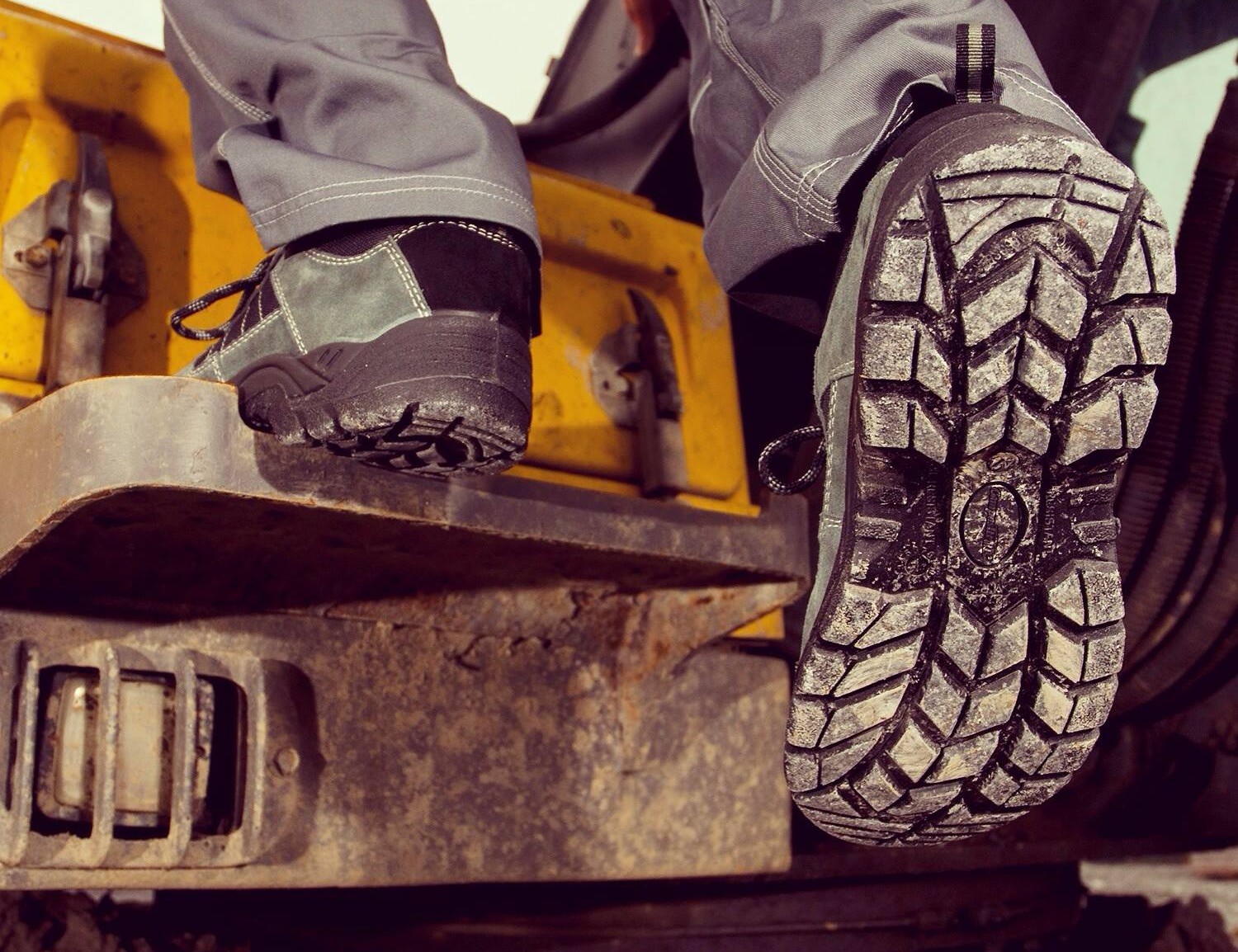Days before Ireland imposed a national Covid-19 lockdown, the Co Mayo-based workwear company Portwest announced a strategic investment in professional footwear manufacturer Base Protection. It was a very good fit (no pun intended) for one of the most successful indigenous businesses in the west of Ireland. Base Protection had €50 million in revenue last year and employs 250 people. Its product range complements that of Portwest, which posted €220 million in sales and has 4,500 employees worldwide. There was a catch, however: Base Protection has its headquarters and one of its two factories in Italy, which was the country worst…
Cancel at any time. Are you already a member? Log in here.
Want to continue reading?
Introductory offer: Sign up today and pay €200 for an annual membership, a saving of €50.

